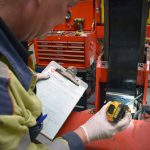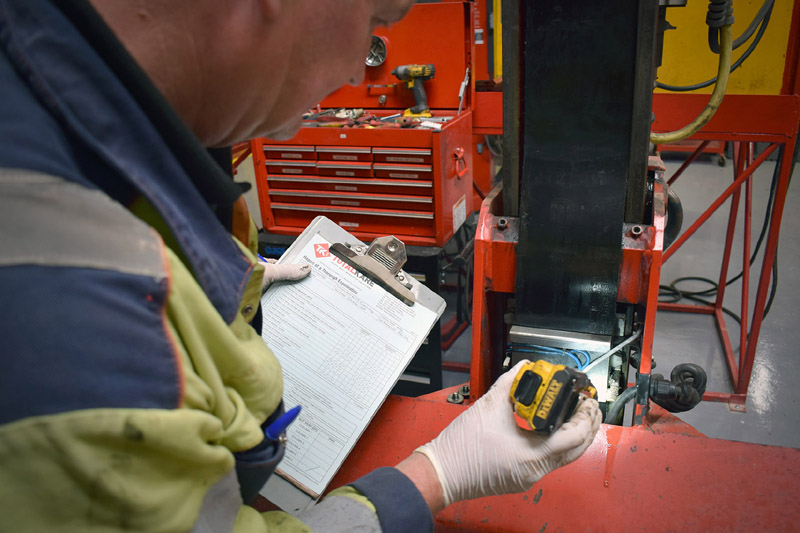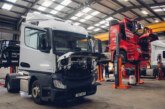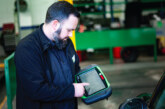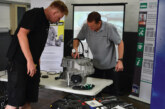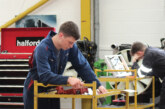TotalKare’s Steve Braund examines the three questions that hold the key to keeping your vehicle lifts working.
Are your staff trained?
Training provides operatives with the necessary understanding they need to be able to carry out their responsibilities safely and efficiently. After all, a busy workshop can be a dangerous place if equipment is not operated safely in accordance with manufacturer instructions.
Giving your employees the right skills will help them get the most out of the lifts and will also provide them with the knowledge to spot if there is an issue with performance, so preventative maintenance or repairs can be actioned quicker than normal.
Fortunately, you don’t need to do all of this on your own.
At TotalKare, we provide a competency training course, which covers the legislation related to mobile column lifts and the safe use of the equipment.
It should be refreshed every three years to ensure all workshop staff remain competent in the use of vehicle lifts, as well as ensuring any new team members have the same training as their peers. To make life even easier for our clients, we will shortly be launching an online training platform that will stop companies losing staff for long periods of time. It features video tutorials, walkthrough instructional guides and multiple-choice test questions across several different learning modules.
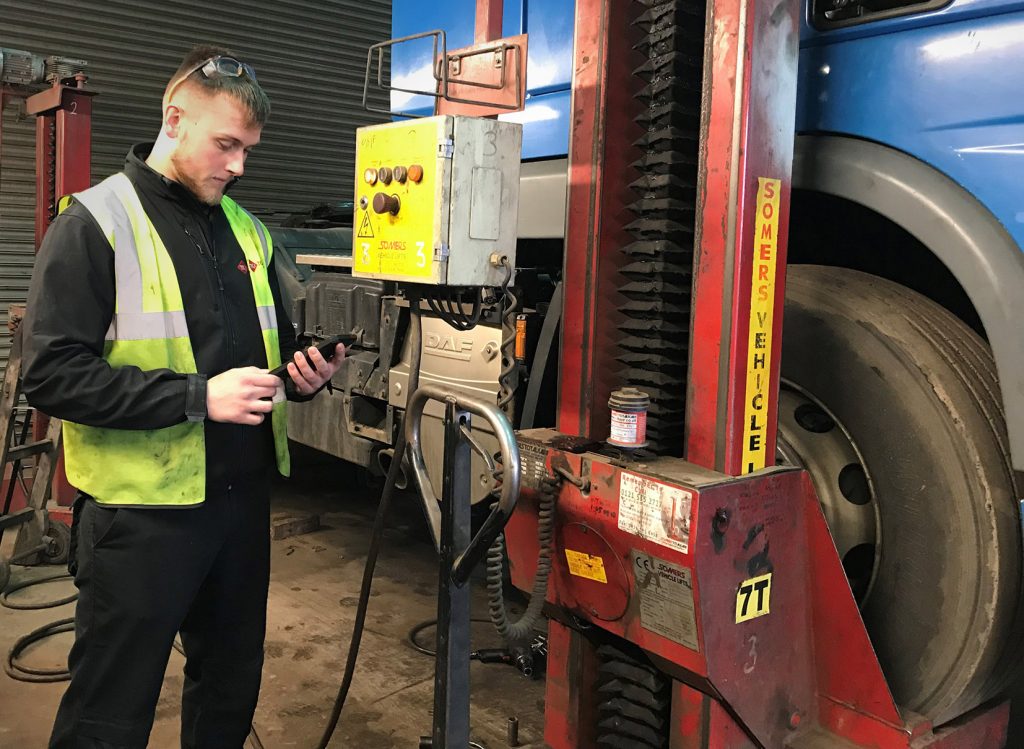
Are your lifts serviced regularly?
We all know that if you don’t service your car regularly, sooner or later something will go wrong. It’s the same with lifts – so we recommend they are inspected and serviced twice a year. Regular inspections by one of our 15 certified engineers will ensure your lifts are working properly and safely, saving expensive repair costs and unnecessary downtime in the long term.
There is an 11 point checklist that all of our staff follow, which includes checking hydraulic lines for leaks and corrosions, checking all electric cables and cleaning/lubricating pistons as required.
It is essential that mobile vehicle lifts undergo maintenance checks every six months, on the grounds that the improper use of this type of equipment represents a high risk to personnel as:
►Work is generally carried out under a suspended load, and therefore is classified as the same as a man riding lift (HSE also recommends 803/69)
► Mobile vehicle lifts are mobile and therefore at greater risk to damage from moving around workshops and by collision from moving vehicles
► Mobile vehicle lifts are susceptible to misuse by operators outside their design, which can lead to excessive wear and tear
To further ensure the safe working of column lifts in your workshop, they should be regularly examined by a competent person who should issue, under LOLER regulations, a ‘Report of Thorough Examination’.
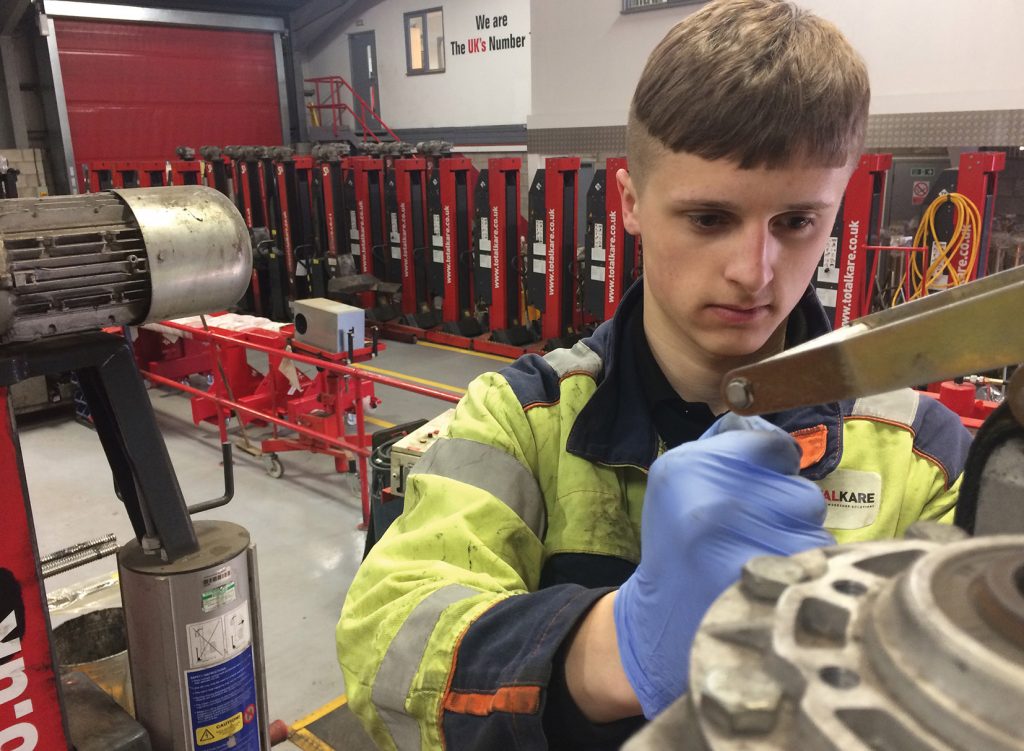
What vehicles are you lifting?
It’s important to stay within the safe working load limits, as mobile column lifts do not spread the load as evenly as fixed post lifts, so ensuring no axle is overloaded and that safe working capacity is not exceeded is crucial.
Always consider the load distribution and the axle weights of the vehicles being lifted to ensure you are using the right number of columns to distribute the weight. When lifting vehicles, the front and rear axles must be used to distribute the weight of the vehicle. This ensures no side load is applied to any column. It is possible to overload an electro-mechanical lift, resulting in premature wear to the load unit – again resulting in costly repair bills.

